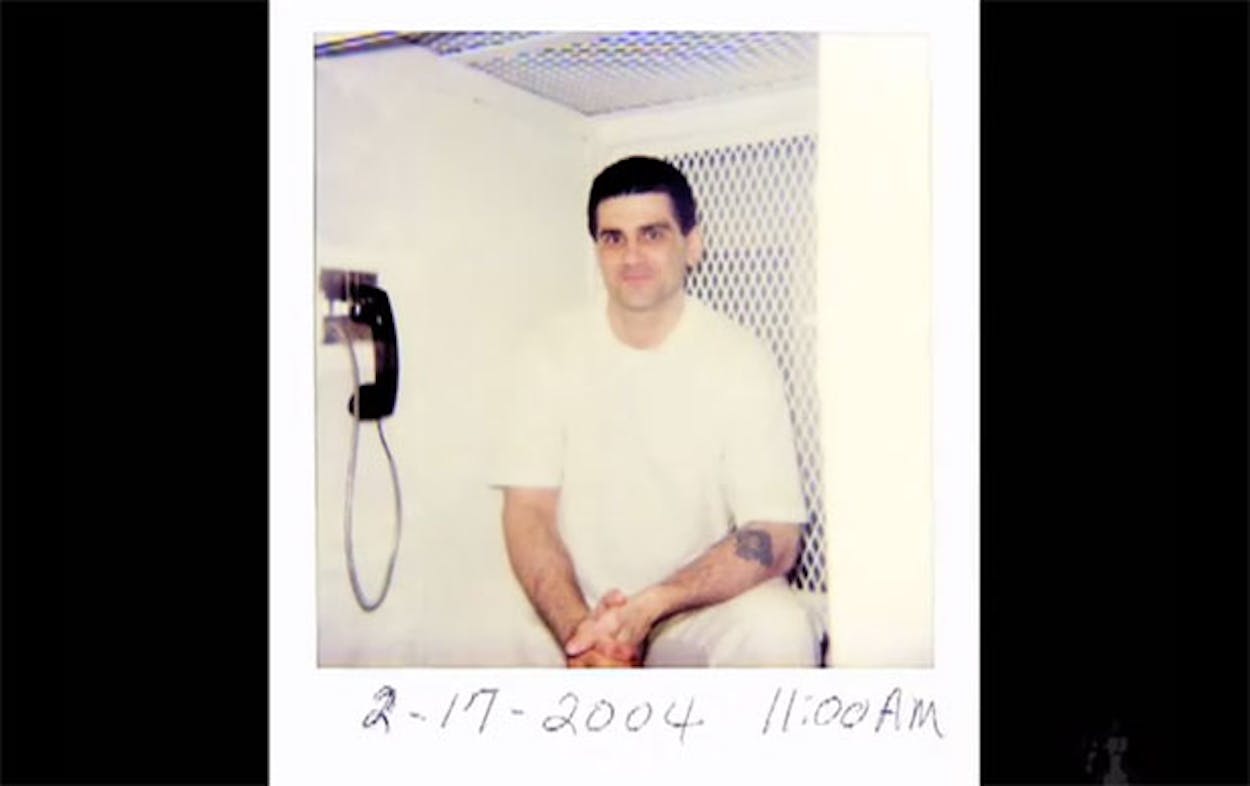Last week, a Columbia Law School journal released a 400-page investigative report that concluded that Texas may have executed an innocent man, Carlos DeLuna, in 1989. That prompted former state district judge (and current Travis County district attorney candidate) Charlie Baird to revisit his involvement in the case of Cameron Todd Willingham.
Willingham—whose case was explored at length in David Grann’s 2009 piece for the New Yorker, “Trial By Fire,” and the 2011 documentary Incendiary—was convicted of setting the fire at his Corsicana home that killed his three daughters in 1991. Lawyers for the Innocence Project and many other people believe that Willingham’s conviction was based on junk science and he was wrongly executed in 2004. And Governor Rick Perry’s critics say he has done everything within his power to keep that fact from being legally or formally acknowledged.
Last week, Baird contacted the Huffington Post to share an 18-page legal opinion that he never got to file in 2010, which would have granted the petition for exoneration filed by Willingham’s mother and sister.
As Michael McLaughlin of the Huffington Post wrote:
A Texas judge who reviewed the controversial 2004 execution of Cameron Todd Willingham planned to posthumously exonerate the father who was put to death for killing his three daughters in a house fire.
Scientific experts who debunked the arson evidence used against Willingham at his 1992 trial and a jailhouse witness who recanted his shaky testimony convinced District Court Judge Charlie Baird in 2010 that “Texas wrongfully convicted” him. But Baird’s order clearing Willingham’s name never became official, because a higher court halted the posthumous inquiry while it considered whether the judge had authority to examine the capital case.
While waiting for permission to finish the case from the Third Court of Appeals, Baird put together the document that “orders the exoneration of Cameron Todd Willingham for murdering his three daughters,” because of “overwhelming, credible and reliable evidence” presented during a one-day hearing in Austin in October 2010.
Steven Kreytak of the Austin American-Statesman reported in December 2010 that the appeals court ruled that Baird had “abused his discretion,” and his term on the bench ended before the inquiry could be continued further.
Scott Henson, who blogs from Austin about criminal justice at Grits for Breakfast, noted that Willingham might be the “most infamous case of a Texan executed based on a flawed, likely erroneous conviction … but he’s not alone.” Though Baird’s draft opinion lacks “legal weight,” it, along with the Forensic Science Commission’s final report (PDF), “provides a capstone on the debate over Willingham’s case for the public and perhaps historians,” Henson wrote.
Outside of Texas, the blogger (and Presbytery teaching elder) at Along the Graybeard Trail mused on the larger implications of these cases: “The revelations of the week lead me to wonder: does it take absolute proof that an innocent person has been executed to lead our society to ponder seriously the abolition of the death penalty? Or is reasonable doubt enough? If so, how much?” he asked.
One place you won’t hear that kind of talk is the Governor’s office. Perry spokeswoman Lucy Nashed issued a statement to HuffPo‘s McLaughlin that said:
Nothing the Austin court could have done would change the fact that Todd Willingham was convicted and sentenced to death by a jury of his peers for murdering his three daughters. … He had full access to every level of the appeals process, and his conviction was reviewed and upheld by multiple levels of state and federal courts. …The governor reviewed all of the facts of the case and agreed with the jury, and state and federal courts that Willingham was guilty.
Read Baird’s full 18-page order, via the Texas Moratorium Network, below:
- More About:
- Crime
- Cameron Todd Willingham
- Corsicana
- Austin







